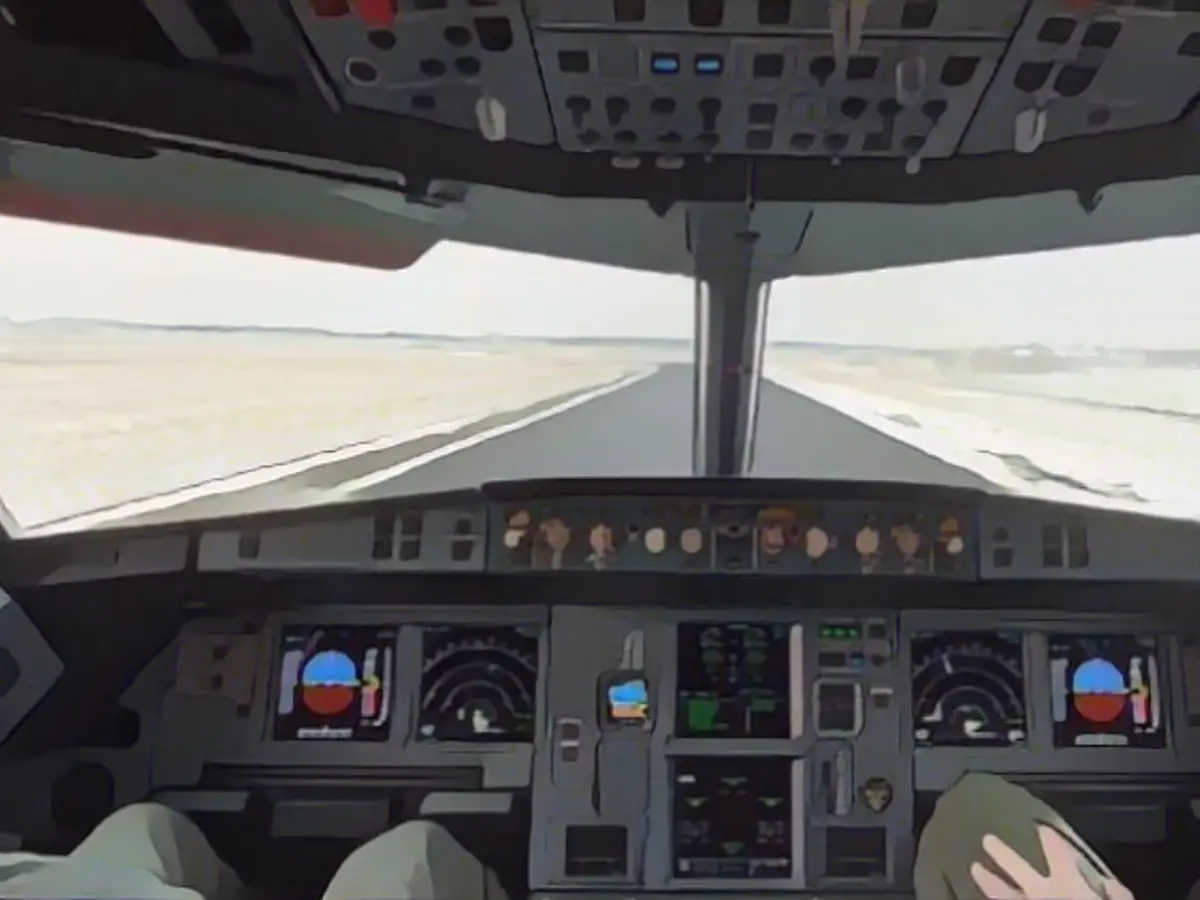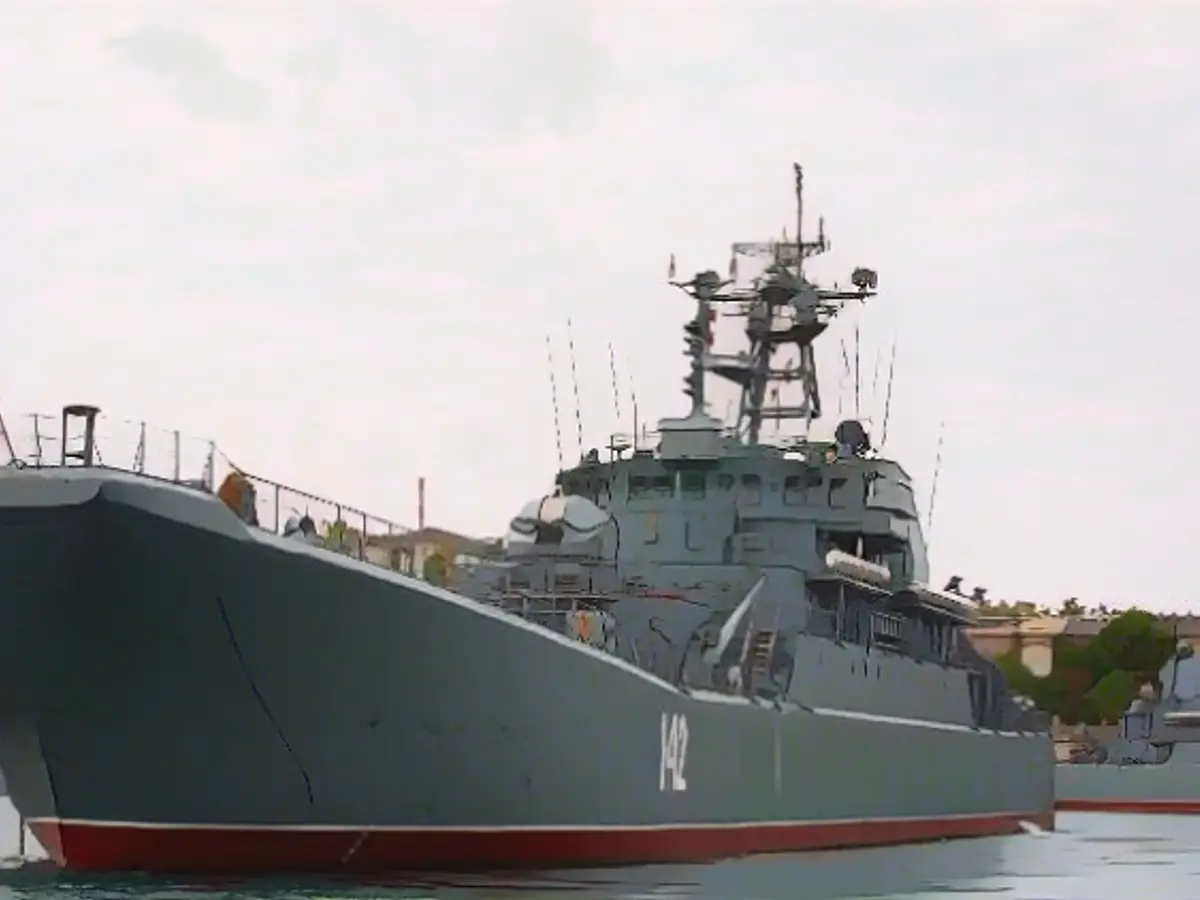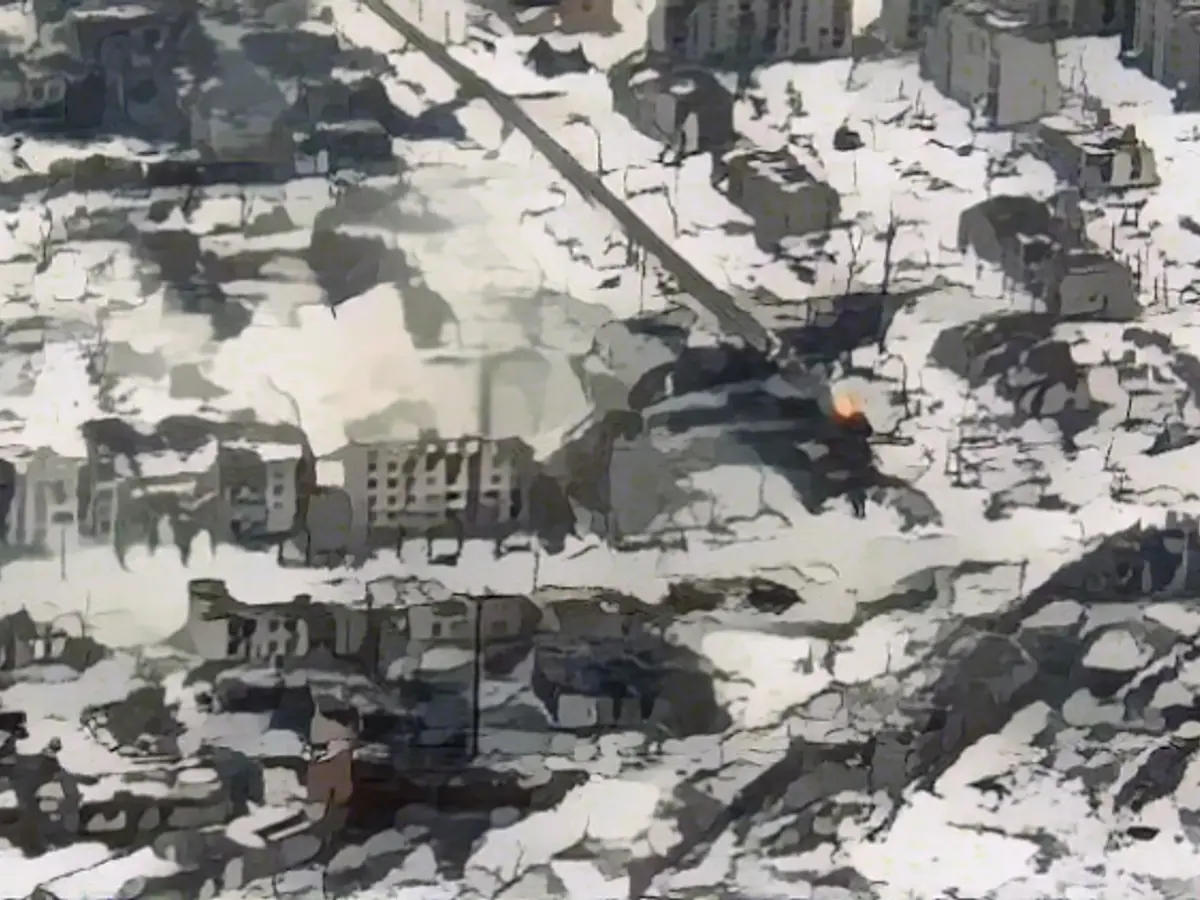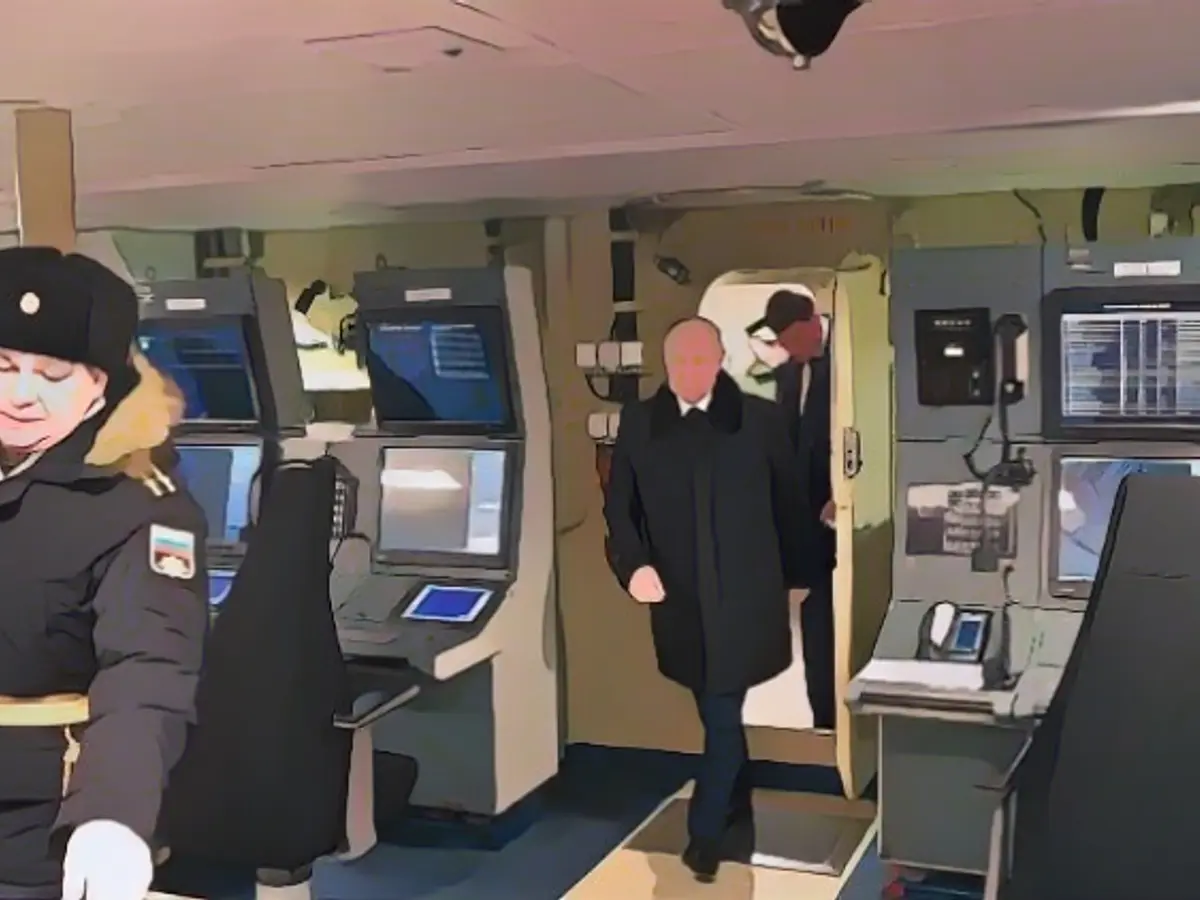Title: German Air Force Aids Romania in Border Security with Eurofighters
Germany's armed forces have stepped in to bolster Romania's security measures, following a series of border incidents between Romania and Ukraine. Russian drones or their remnants have reportedly landed on NATO territory, prompting the German Air Force to join Romania's protective efforts with armed patrols and anti-drone technology.
According to Lieutenant Colonel Markus Kuchenbaur, who leads the German contingent in Constanta, four Eurofighters are now involved in securing NATO's southeastern flank. Kuchenbaur, along with up to 150 German troops, is stationed at the Mihail Kogalniceanu military airfield near Constanta.
The drone intrusions have occurred on the Romanian side of the border with Ukraine, where four incidents have resulted in airspace violations. These incidents were likely unintentional, the military reported, though tensions on the Ukrainian Black Sea coast have flared up in select locations.
Germany's Eurofighters are primarily stationed close to the border, with pilots instructed to act defensively. The aircraft do not cross the twelve-mile zone off Romania's coast, limiting their movement towards the conflict zone.
In addition to the Eurofighters, a new anti-drone defense system has been deployed in Romania, known as the "defense system against unmanned aerial vehicles" (ASUL). This technology is designed for self-protection, with key components such as an operating container, antenna systems, and a mobile jammer.
This marks the third time the Bundeswehr has deployed in Romania, following earlier missions in 2021 and 2022. With the focus on defending both material and personnel in Romania, the German Air Force strategically positions themselves to safeguard crucial assets and maintain regional stability.
The deployment of German forces to Romania is part of NATO's Enhanced Air Policing South operations, providing essential capabilities to less-equipped eastern and southeastern members of the alliance. In the face of growing threats, the importance of NATO's collective defense, and the crucial role of its members, continues to shape international security dynamics.








